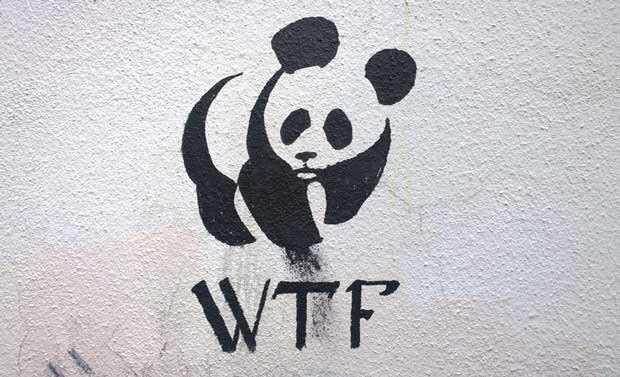
May 15th, 2018; NBC Washington
Hidden in the Paradise Papers, a cache of 13 million leaked documents documenting a small slice of the world of offshore investing, lurks a credit agreement that reveals that some of the nation’s best-known environmental nonprofits are invested in oil drilling and exploration. The World Wildlife Fund invested more than $2 million in Denham Commodity Fund Partners Group V starting in 2008 and is slated to remain in the fund for another two years. But they are not the only nonprofit with the most invested in the fund; that might be the American Museum of Natural History in New York City, which has $5 million invested, though it says that it has been working to reduce its fossil fuel investments.
“It’s hypocrisy at its core,” said divestment advocate Ellen Dorsey. She runs the Wallace Global Fund, which began its own divestment process in 2009. “Any fund that is channeling resources to those industries is part of the problem.”
Sign up for our free newsletters
Subscribe to NPQ's newsletters to have our top stories delivered directly to your inbox.
By signing up, you agree to our privacy policy and terms of use, and to receive messages from NPQ and our partners.
While she acknowledges the difficulty of getting out of a private equity fund, she says it can be done and “There is a plethora of investment funds that are fossil fuel free with good performance returns.” Dorsey pointed out that 170 foundations around the world have joined a movement to divest from fossil fuels and instead invest in renewable energy solutions. She told Jodie Fleischer and Rick Yarborough of NBC, “It’s a direct connection: You own fossil fuels, you own climate change.”
NBC reports that it found more than 200 nonprofits listed in this latest group of documents, including museums, foundations, universities, and now environmental organizations who themselves work against climate change. This represents not only conflicts of interest related to these organizations’ mission statements, but potential problems with donors who may be outraged about the misuse of their funds.—Ruth McCambridge













